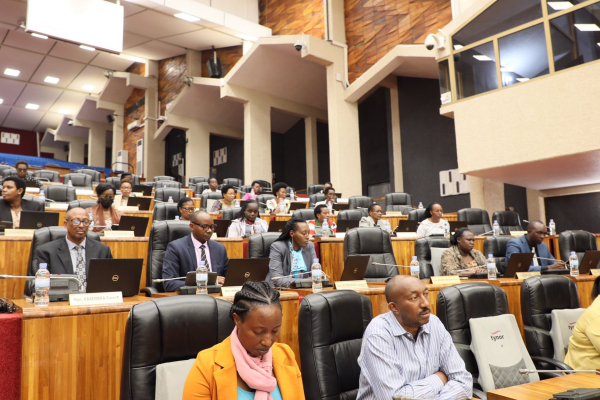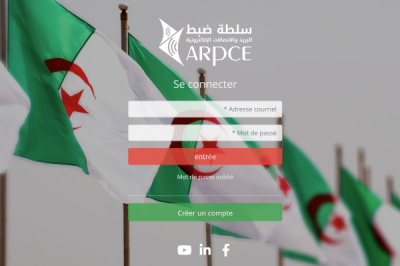By establishing a digital identification system, the Rwandan government plans to address the challenges faced by citizens who have no identity documents when accessing essential services.
The Rwandan parliament recently approved the revision of a bill governing registration in the national single digital identity system.
The draft law presented on Thursday, April 20, by ICT Minister Paula Ingabire, aims to give the government the required approvals to issue digital identity cards to stateless Rwandans and newborns.
“The enactment of the new law relating to enrollment into a single digital identity system will enable the country to close the existing gap in the current population identification system to a more advanced, effective, and efficient delivery of services in both private and public sectors,” said Paula Ingabire.
The project aims to establish a new digital identity card for Rwandans living within or outside the country. It will consist of a physical copy embedded with a QR code containing the holder’s biometric information, as well as a digital copy.
According to Minister Ingabire, the digital identification project will be implemented, over three years, by the National Identification Agency (NIDA) with funding from the World Bank ($40 million).
If passed, the new law will end the problems faced by stateless and other undocumented persons in the country. It will also solve the problem of scattered, contradictory data in the various databases of different institutions, recorded on paper.
For the ICT Minister, this project will be a catalyst for the development of a strong digital economy and a strong digital service delivery ecosystem that will improve productivity, income, and social welfare.
Samira Njoya



















